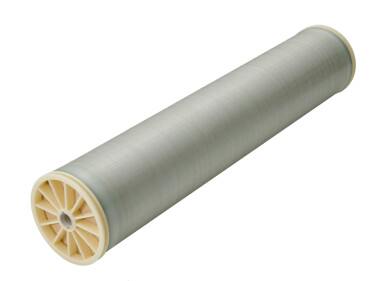Water/Wastewater
Pulp and Paper Industry Forced to Adopt Water and Wastewater Efficient Solutions
May 01 2013
The focus on water recycling, biogas generation and sludge management is sustaining strong investments - Market to expand and grow over 50 percent
The pulp and paper industry characterises with high water footprint, and rising water prices have forced manufacturers to adopt water-efficient and high-end equipment to treat wastewater and reduce water consumption. The focus on water recycling, biogas generation and sludge management is sustaining strong investments in the water and wastewater treatment market for this industry. While developing countries offer the highest potential for market expansion owing to greater greenfield project development, opportunities in mature regions such as North America and Europe will arise from the need to modernise existing facilities.
New analysis from Frost & Sullivan (UK), CEO 360 Degree Perspective on the Global Pulp and Paper Water and Wastewater Treatment Market, finds that the market earned revenues of more than $983.9 million in 2012 and estimates this to reach $1.57 billion in 2020.
“Pulp and paper manufacturers are looking for advanced water and wastewater treatment technologies with an efficient energy rating and easy operation and maintenance,” said Frost & Sullivan Energy and Environmental Research Analyst Paulina Szyplinska. “Increasing dependence on water specialists to comply with tightening environmental standards and enhance operational efficiency has accelerated market growth.”
Significant advances in closed-loop and minimal impact production facilities have added to market revenues. Closed-loop systems are especially popular, as they enable the recycling and reuse of water within the pulp and paper industry, as well as recover excess pulp fibres in the wastewater.
In fact, pulp and paper manufacturers are switching from conventional treatment systems to more sophisticated solutions such as membranes to increase treatment levels and reduce the loss of raw materials, therefore the large-scale implementation of this zero-emission process is crucial to minimise the overall footprint of pulp and paper production.
“Continuous technological advancements and infrastructure improvements are vital to boost recycling rates,” noted Szyplinska. “Water and wastewater treatment equipment suppliers must provide a broad range of customised treatment technologies to appeal to various industrial end-users.”
Research and development to design treatment technology that can address unique requirements and incorporate renewable energy initiatives will sustain the market in the long run.
Events
Carrefour des Gestions Locales de L'eau
Jan 22 2025 Rennes, France
Jan 29 2025 Tokyo, Japan
Feb 05 2025 Nantes, France
Feb 16 2025 Kampala, Uganda
Feb 26 2025 Chennai, India




-as-feedstock.jpg)





